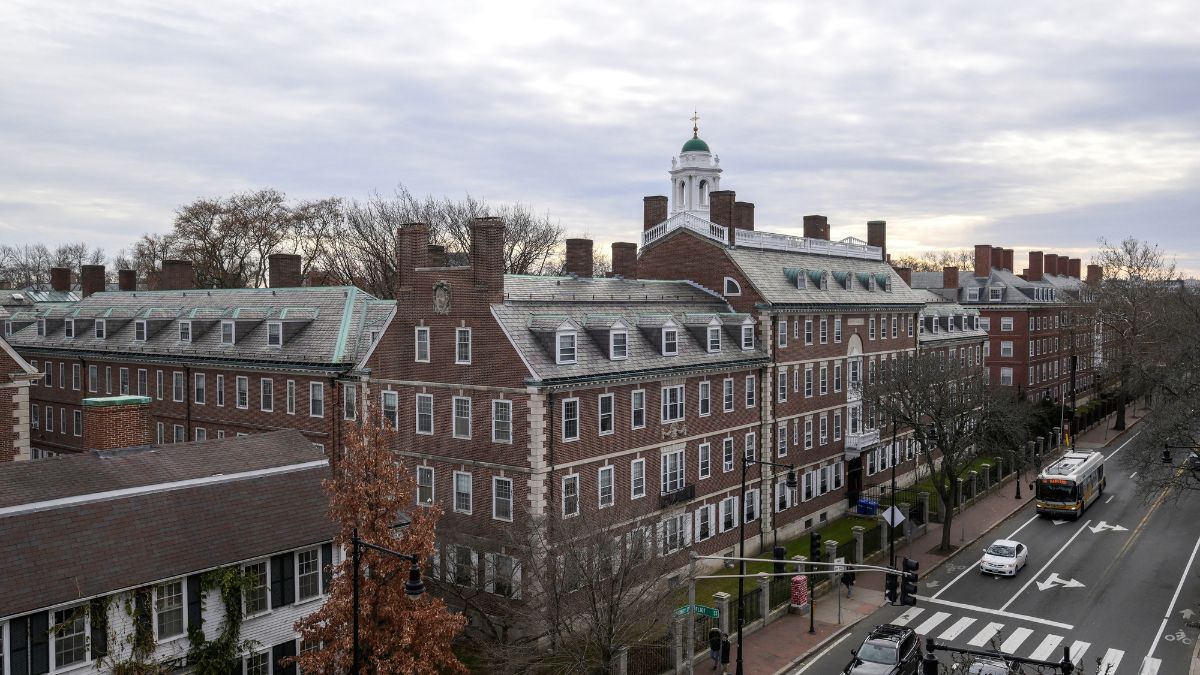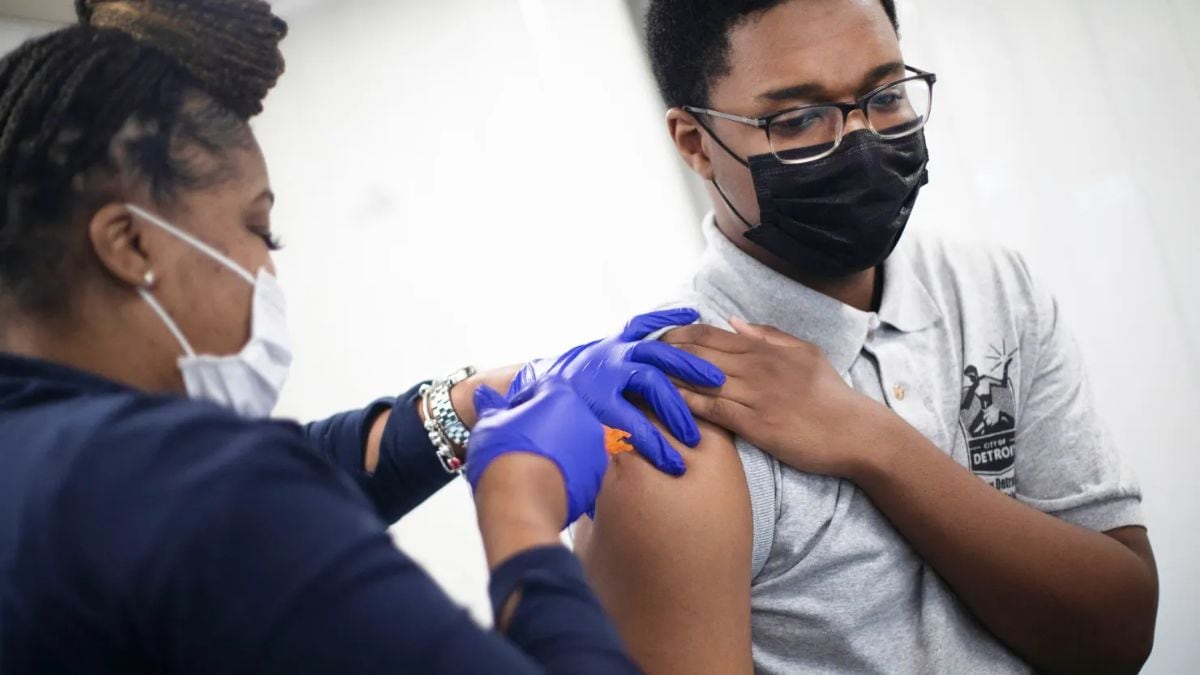Harvard University has secured a significant legal victory with a federal judge overturning the Trump administration’s decision to cut more than $2.6 billion in federal research grants. US District Judge Allison Burroughs ruled that the administration’s actions amounted to unlawful retaliation against the Ivy League institution for resisting White House demands to overhaul its policies and governance structures.
The ruling, pronounced on Wednesday, is set to reinstate funding for hundreds of research projects that had been abruptly halted when the administration escalated its conflict with Harvard. According to court documents, the cuts were initially introduced as freezes but later hardened into permanent cancellations, leaving faculty and students scrambling to find alternative resources.
Judge Burroughs observed that the administration’s justification—linking the cuts to Harvard’s alleged failure to curb anti-semitism—was flimsy at best. She wrote that the evidence pointed toward an ideologically driven campaign, remarking that anti-semitism had been used “as a smokescreen for a targeted, ideologically motivated assault on this country’s premier universities”.
Harvard’s claim of retaliation
Harvard had filed suit, arguing that the administration’s punitive measures were triggered by the university’s refusal to accept sweeping reforms outlined in an April 11 letter from a federal anti-semitism task force. That letter demanded changes in academic programmes, admissions procedures, hiring practices and campus governance, claiming that Harvard’s structures had fostered antisemitism and ideological bias.
University President Alan Garber maintained that Harvard was fully committed to combating anti-semitism, but he highlighted that no government should dictate academic content or control admissions and hiring decisions at private universities. He said the independence of higher education was a cornerstone of American democracy, and warned against what he characterised as political interference masquerading as civil rights enforcement.
Trump administration’s denial
The Trump administration strongly denied that the cuts were retaliatory. Officials argued in court filings that the research grants had been under review even before the April 11 letter was issued. They claimed that federal agencies retained broad authority to cancel contracts and funding arrangements on policy grounds.
In the administration’s words, it was now federal policy not to support institutions that, in its view, failed to adequately address antisemitism. By this reasoning, Harvard had jeopardised its funding by resisting reforms designed to ensure compliance with civil rights standards. The government maintained that the measures were about protecting Jewish students, not punishing the university for political reasons.
Impact Shorts
More ShortsBroader political context
The dispute arose against a backdrop of rising campus tensions following the Israel-Gaza war. Universities across the United States, including Harvard, witnessed large-scale protests that sometimes erupted into violent clashes. Some groups were accused of crossing into antisemitic rhetoric, while pro-Palestinian student organisations claimed they were being unfairly targeted for political expression.
The Trump administration seized on these controversies, demanding universities adopt sweeping new policies. In Harvard’s case, the April 11 letter outlined requirements such as eliminating diversity, equity and inclusion (DEI) initiatives, introducing so-called “merit-based” admissions and hiring, restricting student groups accused of antisemitism and reforming disciplinary policies to impose harsher penalties on protesters.
The letter went further by mandating audits of faculty and students for “viewpoint diversity,” scrutinising international admissions to prevent the enrollment of students deemed hostile to American values, and even banning certain pro-Palestinian organisations on campus.
Critics within Harvard described the proposals as a direct attack on academic freedom, while supporters of the administration argued that elite universities had been neglecting the rights and safety of Jewish students.
A clash over academic autonomy
At the heart of the dispute was the question of who should control the mission and governance of America’s leading universities. Harvard insisted that while it would always enforce anti-discrimination policies, it could not allow federal authorities to dictate curricula, faculty hiring or admissions criteria. President Garber stressed that compliance with such demands would undermine the university’s independence and core values.
For its part, the Trump administration framed the issue as a matter of accountability, arguing that taxpayer funding should only flow to institutions aligned with national values and civil rights protections. Administration officials accused Harvard of being “ideologically captured” by progressive causes and failing to safeguard Jewish students from harassment.
Judge rejects federal justifications
In her ruling, Judge Burroughs dismissed the administration’s arguments, finding no credible connection between Harvard’s federal research programmes and the alleged failures in combating anti-semitism. She noted that the freeze and subsequent cuts were timed suspiciously close to Harvard’s rejection of the administration’s demands, which strongly suggested retaliation.
Her opinion was particularly pointed in criticising the government’s use of anti-semitism as a justification. She wrote that the evidence supported the conclusion that concerns over anti-semitism had been invoked as a pretext to push through a broader ideological agenda. The ruling underscored that federal contracts could not be wielded as a political weapon against institutions that resist government pressure.
But negotiations continue
While the court’s decision represents a victory for Harvard, the conflict is not yet fully resolved. Reports suggest that discussions continue between the university and federal officials over a possible settlement. President Trump has indicated that he wants Harvard to contribute at least $500 million as part of a negotiated agreement, although no deal has been finalised.
Other universities facing similar scrutiny, including Columbia and Brown, have reportedly reached settlements with the administration. Whether Harvard will follow suit or continue its legal fight remains to be seen.
Implications for higher education
The case has sparked widespread debate about the relationship between government authority and university autonomy. Supporters of the ruling argue that Judge Burroughs’ decision preserves academic freedom and prevents political interference in research and teaching.
Critics of Harvard, however, maintain that elite institutions have ignored anti-semitism for too long and should be held accountable when they fail to protect their students.
The outcome is likely to have lasting repercussions, not just for Harvard but for the broader scenario of higher education. By restoring funding and rejecting the administration’s conditions, the court has drawn a line around the limits of federal power over universities.
At the same time, the ruling leaves unresolved the deeper cultural and political tensions that continue to animate debates on campuses across the country.


)

)
)
)
)
)
)
)
)



